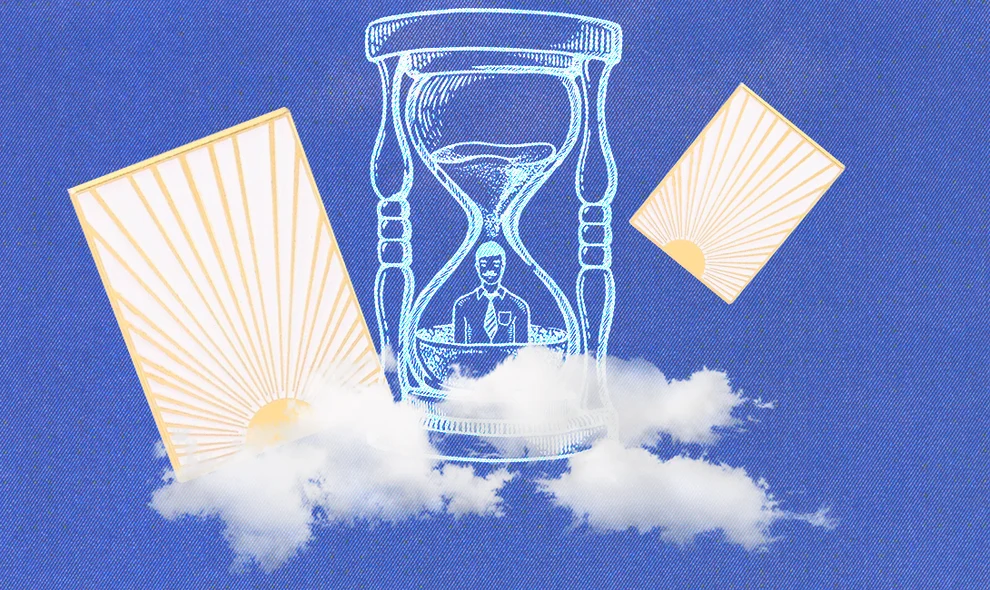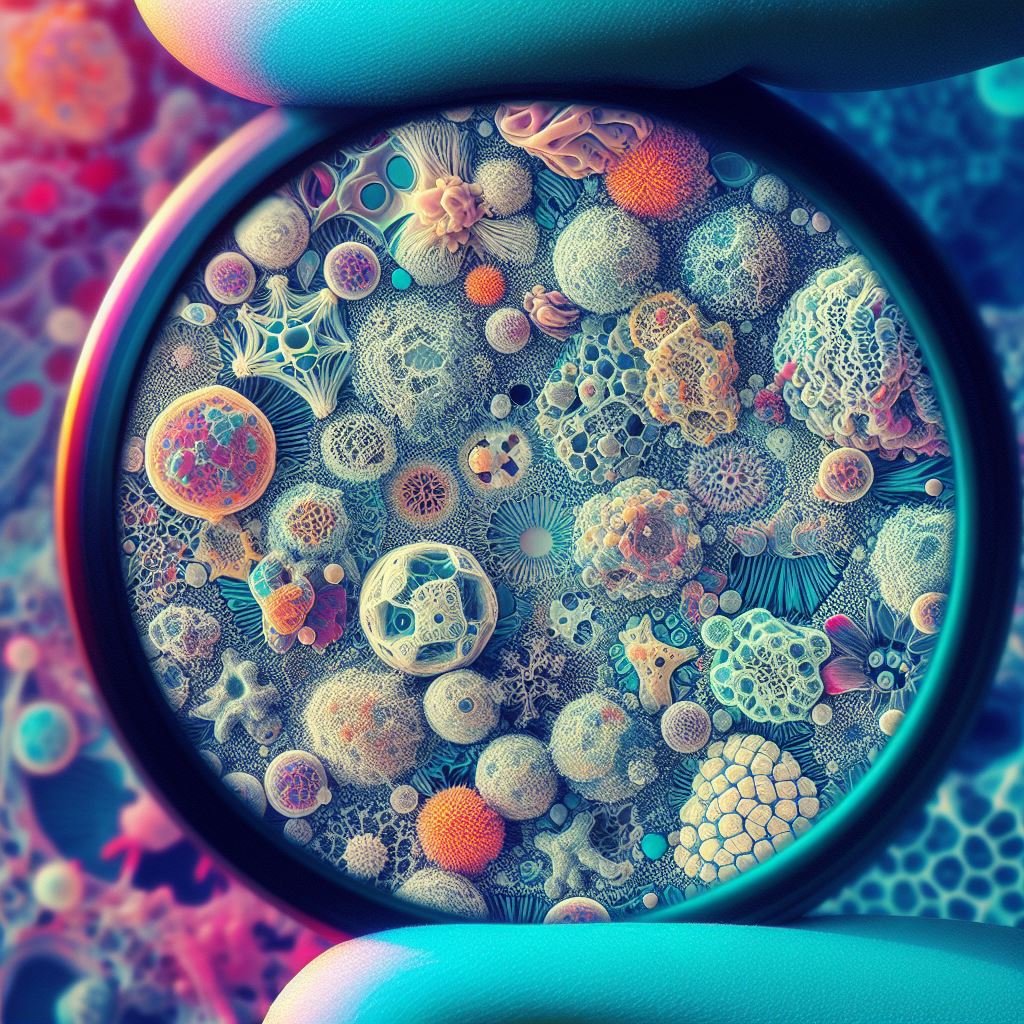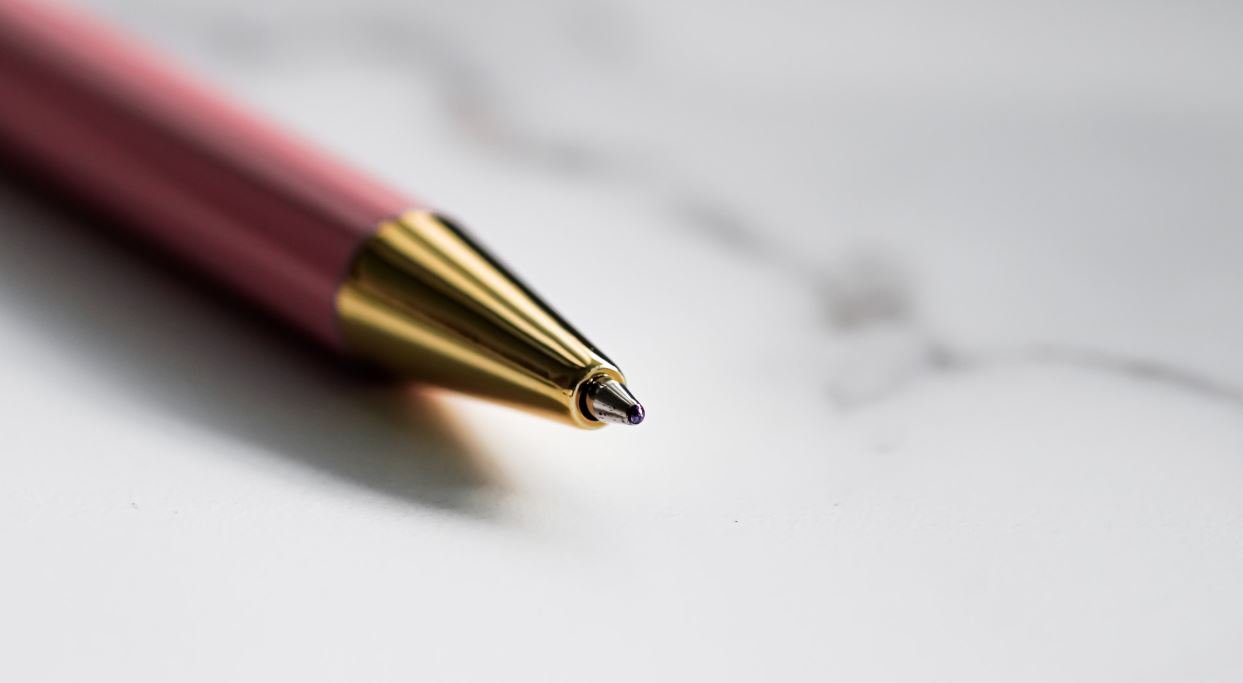Every human, as well as animals, plants, and even insects, has a circadian rhythm. These “internal clocks” regulate sleep and wakefulness. Several interesting facts highlight just how remarkable this bodily system is.
Biological clocks are a consequence of patterns created by the hypothalamus
The circadian rhythm is a complex mechanism, an entire system embedded by nature. It works as follows: genes in the body contain “instructions” for producing certain proteins, the levels of which, like waves, increase and decrease over a 24-hour cycle. Biological clocks manage these waves, i.e., circadian rhythms, using a group of about 20,000 nerve cells called the suprachiasmatic nuclei located in the hypothalamus. This part of the brain is situated above the optic nerve and produces hormones responsible for regulating body temperature, hunger, sexual drive, and other vital bodily functions. The patterns created by the hypothalamus determine when a person sleeps and eats, as well as control heart rate, red blood cell production, and blood glucose levels. However, these can be influenced not only by genes but also by external factors such as lighting, which greatly affects how your body perceives time and understands when it’s time to prepare for sleep.
Circadian rhythm depends on melatonin
Among the many hormones released by the suprachiasmatic nuclei, melatonin stands out—this natural chemical helps regulate the circadian rhythm. The more melatonin produced in the body, the stronger the urge to sleep. The production of this hormone is directly influenced by lighting. When you are in darkness, such as walking after sunset or sitting in a room with closed curtains, your body produces more melatonin, sending a signal to the brain that it’s time to go to sleep. Some people with insomnia and other sleep disorders take melatonin pills to improve their rest. However, it’s worth noting that not all doctors recommend using these supplements, especially purchasing and self-prescribing them. Doing so carries a high risk of disrupting your natural biological clock. Therefore, if you have sleep issues, it’s best to consult a neurologist or a sleep specialist rather than self-medicating.
Biological clocks adapt to time zone changes
Imagine your biological clock as an app on your phone. If you turn off your smartphone when you board a plane in your home city and turn it back on in a different time zone, you’ll notice that the app automatically adjusts the time to reflect your new location. Similarly, your circadian rhythm works. Though not immediately, it adjusts to the new cycle of light and darkness when you change time zones. For many people, this transition can be quite challenging. The body has been conditioned for years to produce melatonin at roughly the same time, so initially, it will continue to do so even when it is still light outside. However, over time, the brain adapts to the new conditions and starts to better recognize when darkness falls, allowing for proper regulation of sleep hormone production.
RELATED STORY – 15 Illogical Facts That Will Surprise Any Conversational Partner
Circadian rhythms do not adapt to daylight saving time
In March, many countries switch their clocks to daylight saving time to make the most of daylight. This change negatively impacts the circadian rhythm, particularly in the first few days after the clocks are set forward. This is a common reason why many employees inadvertently arrive late to work after the time change. When the alarm rings at 7 a.m. by the new time, the body may still think it is 6 a.m., continuing to produce melatonin. For most people, the transition to daylight saving time is problematic because their circadian rhythms cannot fully adapt to the change. Their normal sleep patterns usually only return to normal when the clocks revert to standard time.
Circadian rhythms influence when animals enter hibernation
We have already mentioned that biological clocks exist not only in humans but also in animals. Thanks to these rhythms, certain species, such as bears, enter extended periods of hibernation. Bird behavior is also influenced by circadian rhythms, which adapt to changes in temperature and decreasing daylight hours, signaling that it is time for them to migrate south for the winter.
Biological clocks appeared more than 3 billion years ago
The oldest clocks in the world, according to scientists, are located in Salisbury Cathedral in England. They have been keeping time since 1386 and have survived wars, fires, and human neglect. However, their age is nothing compared to the existence of circadian rhythms on Earth. Scientists believe that internal clocks in living organisms emerged more than three billion years ago, with the first known owners being cyanobacteria — blue-green algae. However, science has not yet pinpointed exactly what triggered the emergence of biological clocks. Some scientists speculate that it was a natural way to level the playing field for organisms competing for the same energy sources. Some fed during the day while others fed at night, which ensured the survival of different species.
The sleep-wake cycle helps the body maintain important functions
The reason for the existence of circadian rhythms in humans may be simple and clear: they are necessary for ensuring quality sleep, which affects physical health. Every time your head hits the pillow and you experience dreams, your body undergoes recovery. This is achieved through protein production and the release of growth hormones. These processes influence how well tissues and muscles recover. Additionally, the duration of sleep impacts the functioning of the immune system, the nervous system, and cognitive functions.
Midday energy slump is natural
You’ve probably experienced that feeling of wanting to sleep rather than tackle important work tasks after lunch. Don’t blame yourself for laziness or lack of willpower; the post-lunch energy slump is a natural response of your body. Your circadian rhythm, which enters a period of rest after a midday meal, is partly responsible for this. Additionally, there’s another system at play that contributes to the decrease in energy after lunch — called the sleep homeostat. It signals your body that it’s time to sleep after a prolonged period of wakefulness. When your internal clock and the sleep homeostat work together, which typically happens around 1-2 PM, you may feel a strong urge to nap. Not everyone experiences this midday slump in the same way. In fact, for many adults, the greatest weakness and desire for sleep occur at 2 PM and 2 AM due to circadian rhythms. However, if you had a good night’s sleep, the urge to nap in the afternoon might not occur.
Electronic light distorts biological clocks
It’s hard to imagine life without artificial lighting. However, it can disrupt your biological clock. Don’t throw away that soft night light, which can be helpful if you need to use the bathroom in the middle of the night. The problem lies with other sources of light — electronic ones. This includes light from screens such as TVs, computers, and smartphones. Many people like to fall asleep while watching TV shows or scrolling through social media and messages, but this often makes falling asleep more difficult. The issue is that electronic light tricks your brain into thinking it’s still daytime, which slows down melatonin production. To sleep well, it’s best to put away your smartphone and turn off the TV at least an hour before bedtime.
You can adjust your circadian rhythm
People can be roughly categorized as night owls or early birds, and this distinction is influenced by the workings of their biological clocks. Whether you’re a night owl or an early bird is determined by genetic predisposition as well as age. But even if you find yourself a night owl due to genetics or lifestyle and you’re not happy with it, there’s no need to despair: you can “reset” your circadian rhythm. This process might take some time, especially if you’ve maintained a certain sleep-wake routine for years, but for many people, it can be surprisingly straightforward.
The key to resolving issues with your biological clock is a strict schedule. You need to train yourself to wake up and go to bed at the same time every day, including weekends. Equally important is planning your meals properly: have breakfast after waking up and dinner a few hours before bed. Additionally, your circadian rhythm is influenced by physical activity and lighting, especially in the morning. Therefore, if you want to shift your biological clock, you should align your workouts and lighting with the desired sleep-wake cycle.
Biological clocks change with age
The timing of sleep and wakefulness differs between children and adults due to the characteristics of the circadian rhythm. Newborns typically sleep up to 17 hours a day, while teenagers need around ten hours of sleep to feel rested. Moreover, adolescents tend to go to bed later than adults. After the age of 18, the biological rhythm dictates that the body requires 7 to 9 hours of sleep per night. However, after the age of 65, many people find that they need around 6 hours of sleep and that they wake up much earlier than they did when they were younger.
Consuming coffee in the evening affects the circadian rhythm
Every day, biological clocks initiate a 24-hour cycle of events in the body that helps it function properly. Certain habits can negatively impact your circadian rhythm. If you’re used to drinking coffee late in the evening or right before bed, you’re harming your biological clock. Caffeine delays the release of melatonin and makes the body think that night will come much later. As a result, the release of melatonin is postponed to the next day, making getting out of bed in the morning feel like a daunting task. For instance, a double espresso consumed in the evening can shift your biological clock by about 40 minutes. Consequently, this delay means you won’t get enough restful sleep and will struggle to feel refreshed upon waking.
RELATED STORY – Who and When Invented the Things You See Every Day
Depression leads to disruptions in biological clocks
Professor Jun Li from the University of Michigan conducted a study showing that depression can disrupt biological clocks. The researcher and his team examined the genomes of 55 patients with depression and 55 healthy individuals, revealing some intriguing patterns. In healthy people, out of 16 genes that showed the most pronounced cyclicity, 11 genes were directly regulated by biological clocks. In contrast, among patients with severe depression, only two of the studied genes exhibited cyclicity. This indicates a significant misalignment of their biological clocks with the usual 24-hour cycle. According to Dr. Li, these insights into the causes of insomnia or excessive sleep in depressed patients inspired researchers to explore treatments like light therapy, which may help restore biological clocks and alleviate symptoms of the condition.
Disruption of circadian rhythms affects the body’s ability to fight diseases
The effectiveness of the body’s response to diseases largely depends on the functioning of biological clocks. The body needs to detect “invaders” before it can mount an appropriate defense. This task is carried out by the TLR9 receptor, a protein involved in the immune system, whose production is influenced by circadian rhythms. When biological clocks are disrupted, such as by sleep deprivation, the immune response is diminished, making it harder to combat even minor illnesses, let alone more serious infectious diseases.
Scientists Develop Blood Test to Determine Biological Clocks
In 2018, a research team from Northwestern University reported the development of a blood test that can determine an individual’s biological clock. According to Dr. Rosemary Brown, one of the leading authors of the study, this test could help doctors more accurately determine when a medication, whether for blood pressure or chemotherapy, will be most effective. Many aspects of diseases are directly related to circadian rhythms. For instance, the risk of a heart attack or asthma attack can vary at different times of the day. By identifying the optimal timing for medication based on circadian rhythms, doctors could prescribe lower doses, thereby reducing the risk of side effects. The new method is currently undergoing clinical trials and further research, and it may one day become a standard part of routine medical examinations.


















